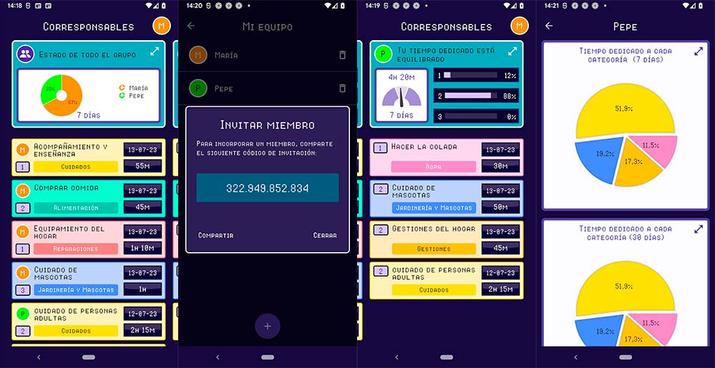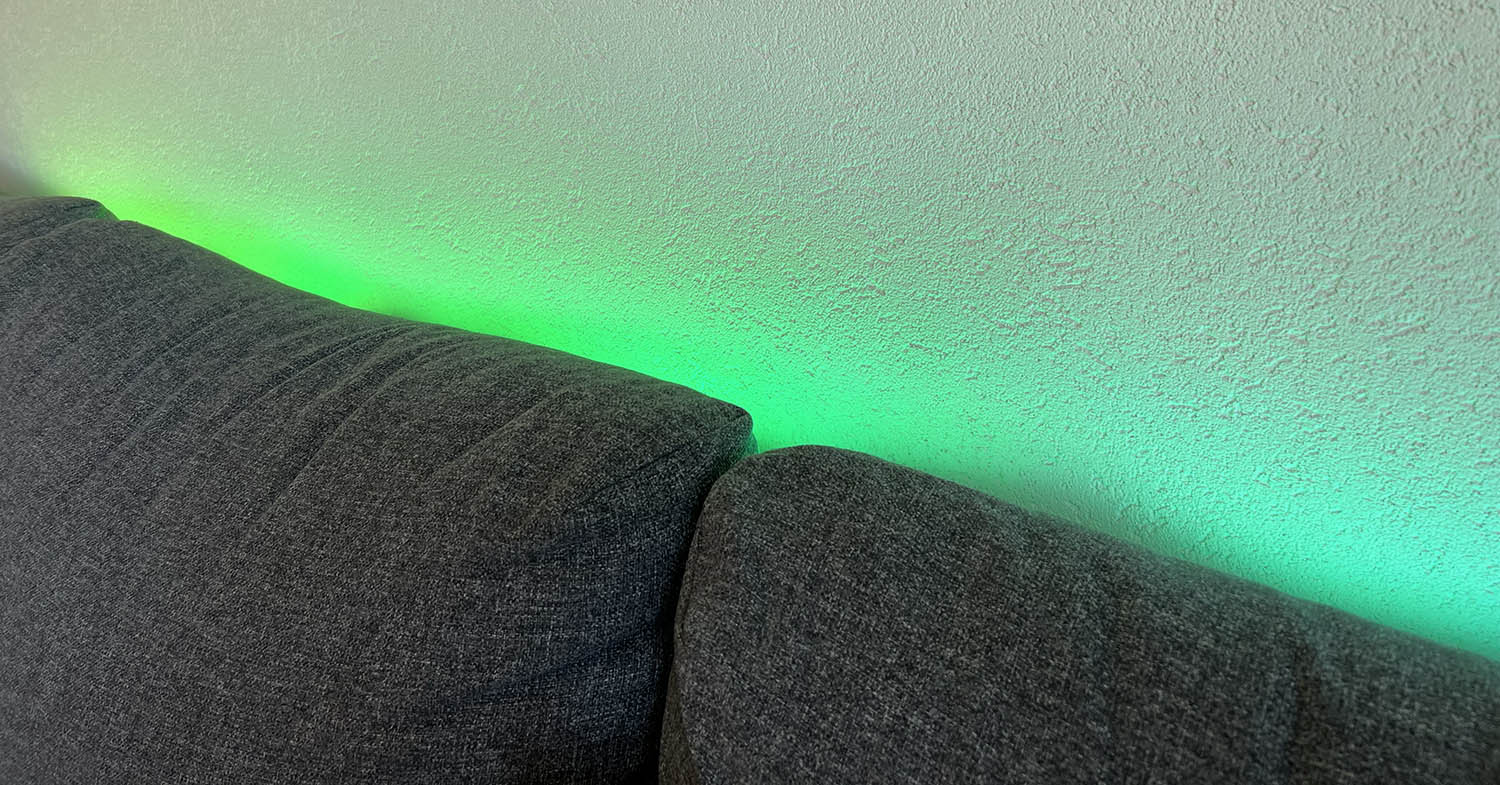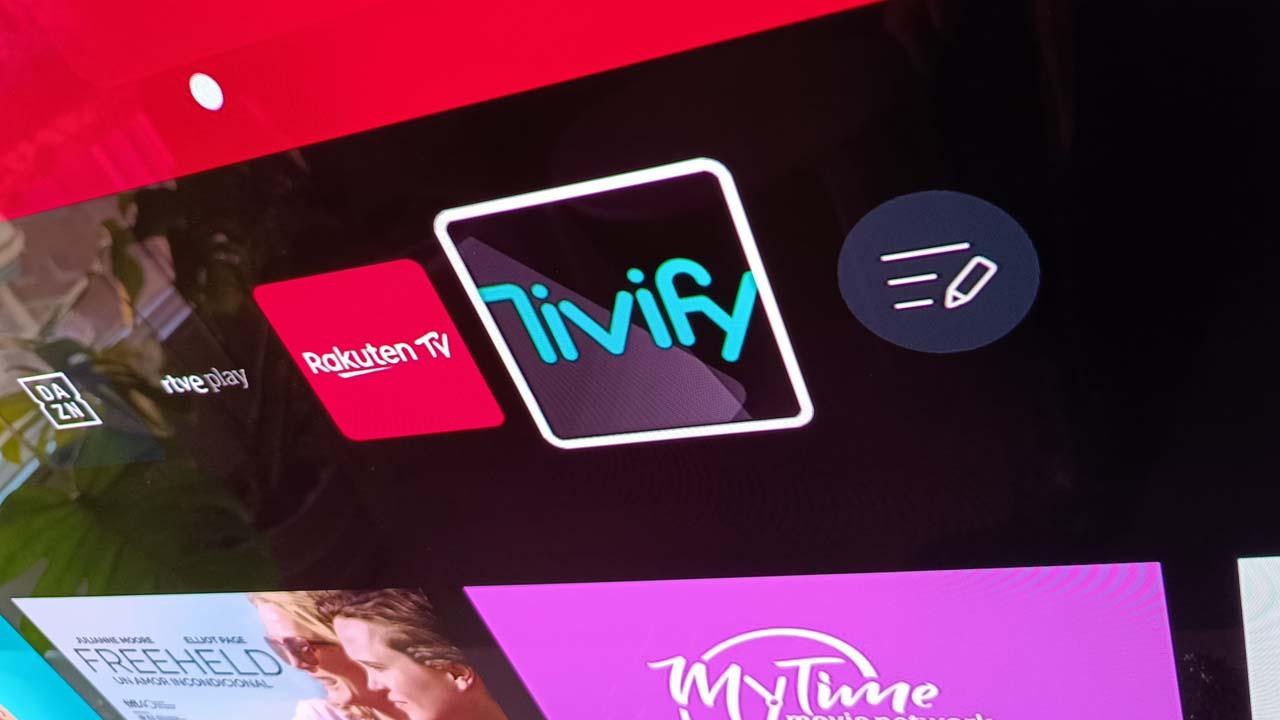As announced a few months ago, the Ministry of Equality is launching an application to count the household chores of men and women. With the name “Me Toca”, it aims to raise awareness among the different members of the family about the number of hours each one dedicates to household chores.
Baptized with the name Me Toca, the new application launched by the Ministry of Equality aims to make family units more aware of the time each member spends on unpaid work.
This is how the “Me Toca” app works
Now available for both iOS and Android, the application promoted by the Ministry of Equality directed by Irene Montero until a new government is formed and developed by the specialized software development company Wairbut, SA, is already up and running.
Framed within the “Co-Responsible Plan”, the main objective of the “Me Toca” app is to better distribute domestic and care tasks. With this new application, tasks for home and care are counted, and a series of balances are established that evaluate the distribution of loads. In this way, we can be a little more aware of whether there is a disruption in the hours that each member of the family dedicates to try to be equitable.
Originally proposed as an application to make visible the unequal distribution of tasks between men and women, it finally has alternatives to the couple, allowing the inclusion of other people with whom care is shared, such as sons and daughters, who can always lend a hand. , or roommates, which will be quite useful so that you don’t have to carry the entire house behind you.

The operation is really simple and does not require giving unusual special permissions. Each user who registers is part of a team and within this team we can count all types of tasks. For example, cleaning the bathroom, washing the pots, putting out the laundry, etc. The app itself has a series of standardized tasks registered, although those who download the application will also be able to create their own categories, such as who goes out to walk the dog or take the kids to class.
Fight unequal distribution
The core of the experience of this application has to do with the unequal distribution by gender in the tasks performed at home and, no less important, also in the tasks associated with care. MeToca allows us to contemplate both physical tasks and those that involve mental workload, normally invisible and assumed mostly by women.
According to data provided by the Ministry of Equality, women mostly assume a double burden of care. This, “in addition to being unfair, makes their personal and professional development, or simply their rest, impossible.”

Other official data, such as those reflected in the National Survey of Working Conditions carried out by the National Institute of Safety and Health at Work, tell us that women invest 12.5 hours more per week than men in unpaid work, which represent 14% of GDP.
In addition to this unequal distribution of domestic or care tasks, this usually has more serious consequences, such as that these tasks occur to the detriment of the main job, to which they dedicate 5.8 hours less per week than men. According to the Active Population Survey, 76% of part-time contracts correspond to women, who increase the time dedicated to unpaid work (30 hours a week) when they have part-time work. Men, for their part, usually dedicate the same number of hours to unpaid work (14 hours a week), regardless of whether they work part-time or full-time, so what they do at home does not affect as much a person. full professional development.














